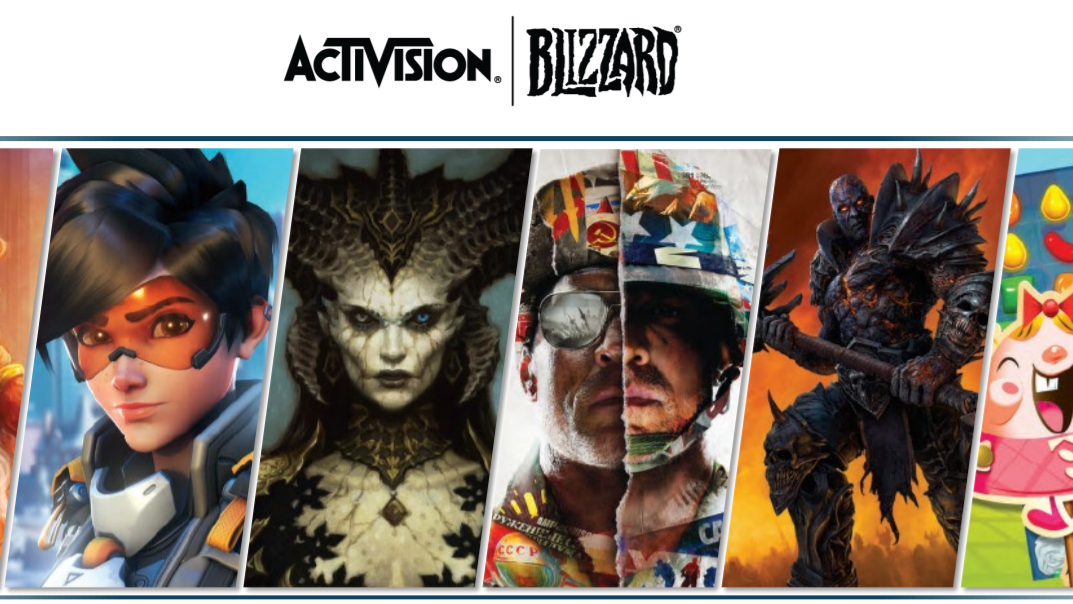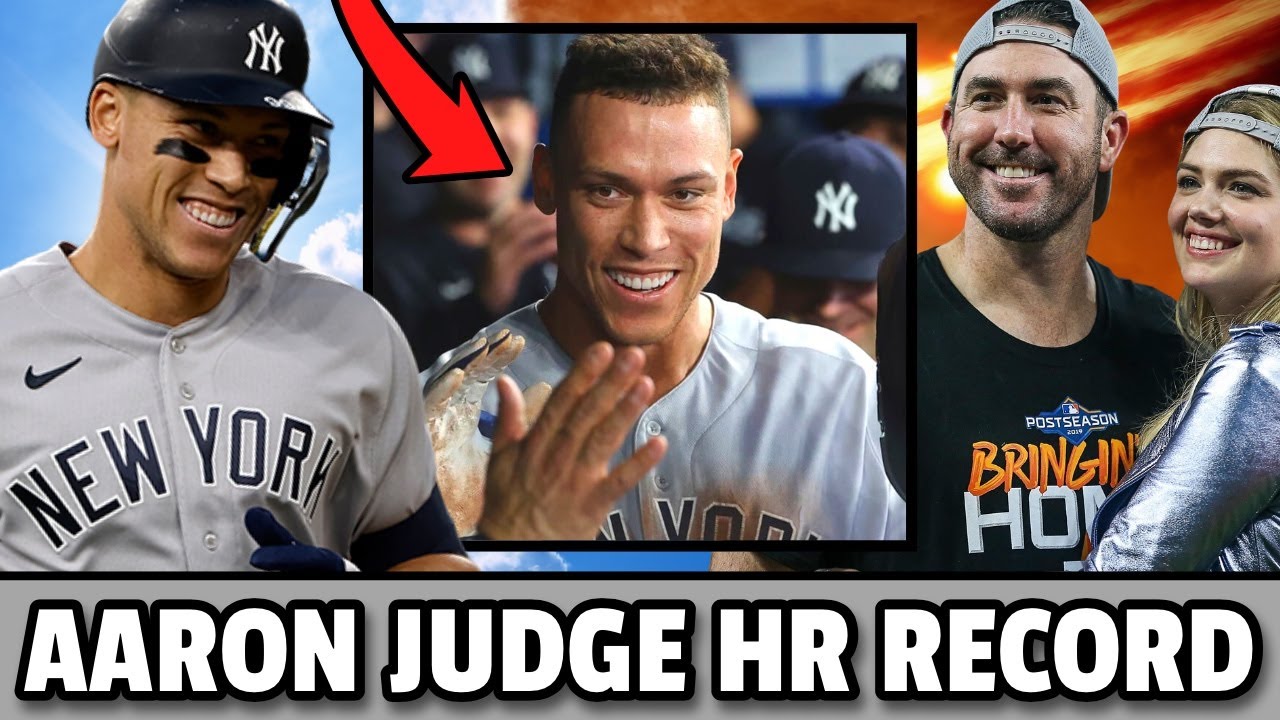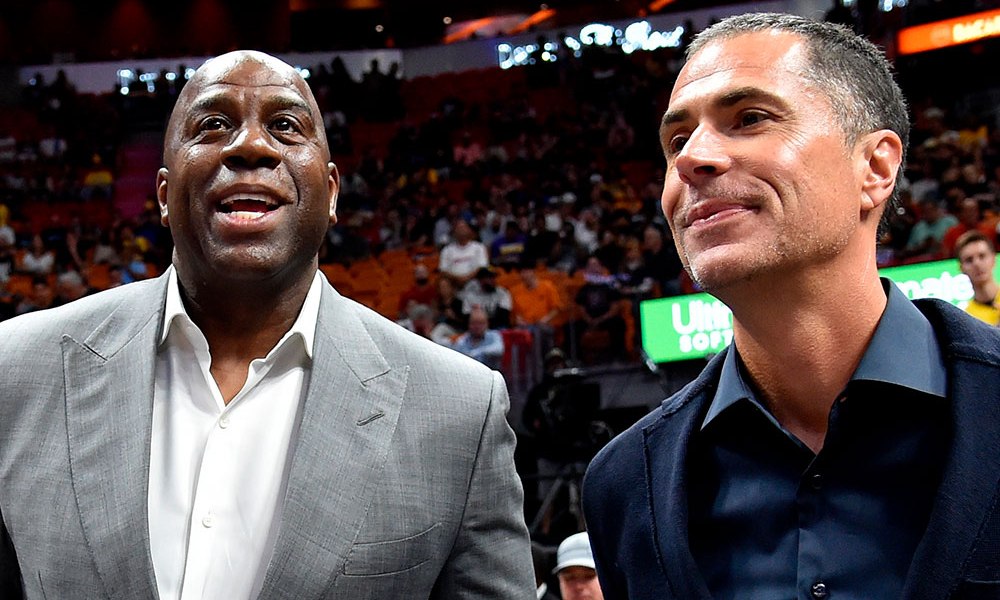Microsoft-Activision Deal In Jeopardy: FTC Files Appeal

Table of Contents
The FTC's Case Against the Microsoft-Activision Deal
The FTC's core argument against the Microsoft-Activision merger centers on the potential for anti-competitive practices. They argue that the acquisition would give Microsoft an unfair advantage in the video game market, harming consumers and stifling competition.
-
Concerns about Microsoft's control over key gaming franchises: The FTC highlights Microsoft's potential control over immensely popular franchises like Call of Duty, World of Warcraft, and Candy Crush. They argue this could lead to Microsoft making these titles exclusive to its Xbox ecosystem, harming competitors like Sony and Nintendo. The potential for exclusive content and timed exclusivity is a major point of contention.
-
Allegations that the merger would stifle competition in the video game market: The FTC believes the merger would reduce competition, leading to less innovation and potentially higher prices for gamers. They contend that Microsoft's acquisition of Activision Blizzard would significantly reduce the number of major players in the market, giving Microsoft undue influence over game development, distribution, and pricing. This would impact both console and PC gaming markets.
-
Arguments regarding the potential harm to consumers through higher prices or reduced innovation: The FTC's case rests on the assertion that consumers would ultimately suffer. Reduced competition could lead to higher prices for games, fewer choices, and a decline in the overall quality and innovation within the gaming industry. The lack of competitive pressure would allow Microsoft to prioritize profits over consumer needs.
-
Proposed remedies: While the initial FTC lawsuit aimed to completely block the merger, the subsequent appeal focuses on the perceived inadequacies of the remedies offered by Microsoft to mitigate anti-competitive concerns. These remedies, which involved licensing agreements, were deemed insufficient by the FTC to guarantee fair competition.
The Judge's Ruling and the FTC's Appeal
A judge initially ruled in favor of allowing the Microsoft-Activision merger, rejecting the FTC's attempt to block it outright. However, the FTC appealed this decision, arguing that the judge's ruling was flawed and failed to adequately address the anti-competitive risks posed by the merger.
-
Key points of the judge’s ruling: The judge's decision focused on the evidence presented by both sides, weighing the FTC's claims of anti-competitive behavior against Microsoft's arguments that the deal would ultimately benefit consumers through innovation and broader access to games. The judge found the FTC's concerns regarding Call of Duty exclusivity unconvincing based on Microsoft's pledges to maintain its availability across various platforms.
-
The FTC's reasons for appealing: The FTC's appeal hinges on their belief that the judge underestimated the potential for Microsoft to leverage its control over Activision Blizzard's properties to harm competitors and limit consumer choice. The appeal highlights the long-term implications of the merger, arguing that the judge's short-term focus on current market dynamics ignores the significant power Microsoft could exert in future markets, particularly within cloud gaming.
-
Legal precedent and potential impact: This case sets a significant precedent for future mergers and acquisitions in the tech sector. The outcome of the appeal will influence how regulators approach similar deals in the future, potentially leading to stricter scrutiny of large-scale mergers and acquisitions involving major players in the tech industry. The Microsoft-Activision deal will likely shape future regulatory frameworks for the tech market.
Impact on the Gaming Industry and Consumers
The FTC's appeal carries significant implications for the gaming industry and consumers alike.
-
Impact on game developers and publishers: A blocked merger could limit opportunities for smaller game studios, while an approved merger could lead to consolidation and potential job losses in certain sectors. The potential for shifts in market power greatly impacts the development and publishing landscape.
-
Potential effects on gamers: Consumers might face higher prices, limited game choices, or reduced innovation if the merger isn't properly regulated. Conversely, the merger could potentially lead to broader accessibility and improved technology within the gaming market.
-
Broader implications for the competitive landscape: The outcome will have a profound impact on the competitive dynamics within the gaming industry, potentially reshaping the landscape for years to come. The dominance of a single company could stifle innovation and potentially harm smaller game developers.
The Future of Cloud Gaming
The Microsoft-Activision deal holds significant implications for cloud gaming. Microsoft's ambitions in cloud gaming are substantial, and the acquisition of Activision Blizzard's extensive game library would strengthen its position considerably. The FTC's concerns extend to this sphere, fearing that Microsoft might use its newfound power to exclude competitors from the burgeoning cloud gaming market.
Regulatory Scrutiny of Tech Mergers
The Microsoft-Activision case has intensified the scrutiny applied to large-scale tech mergers. Regulators worldwide are now paying closer attention to the potential anti-competitive effects of such deals, signaling a potential shift towards stricter regulatory oversight of mega-mergers in the tech industry. This case serves as a landmark example of the increasing challenges faced by companies seeking to consolidate their power in the digital age.
Conclusion
The Microsoft-Activision deal remains highly uncertain, with the FTC's appeal casting a long shadow over its future. The arguments for and against the merger highlight the complexities of regulating mergers in a rapidly evolving tech landscape. The FTC’s concerns about anti-competitive practices are significant, and the outcome of this legal battle will have profound implications for the gaming industry and the broader tech sector. The future of the Microsoft-Activision deal remains uncertain, with potentially far-reaching consequences for gamers and the industry as a whole.
Call to Action: Stay informed about the ongoing developments in the Microsoft-Activision deal. Follow this site for updates on the legal battle and its impact on the future of gaming. Regularly search for "[Microsoft-Activision Deal]", "Activision Blizzard merger", and related terms to stay up-to-date on the latest news and analysis surrounding this crucial merger.

Featured Posts
-
 Bank Of Canada Interest Rate Cuts The Tariff Job Loss Factor
May 12, 2025
Bank Of Canada Interest Rate Cuts The Tariff Job Loss Factor
May 12, 2025 -
 2025 Indy 500 Lineup Incomplete One Drivers Absence
May 12, 2025
2025 Indy 500 Lineup Incomplete One Drivers Absence
May 12, 2025 -
 Early Mlb Season Contrasting Starts For Aaron Judge And The Atlanta Braves
May 12, 2025
Early Mlb Season Contrasting Starts For Aaron Judge And The Atlanta Braves
May 12, 2025 -
 Magic Johnson Weighs In Who Will Win The Knicks Pistons Series
May 12, 2025
Magic Johnson Weighs In Who Will Win The Knicks Pistons Series
May 12, 2025 -
 Semana Santa O Semana De Turismo El Debate Sobre La Identidad Uruguaya
May 12, 2025
Semana Santa O Semana De Turismo El Debate Sobre La Identidad Uruguaya
May 12, 2025
